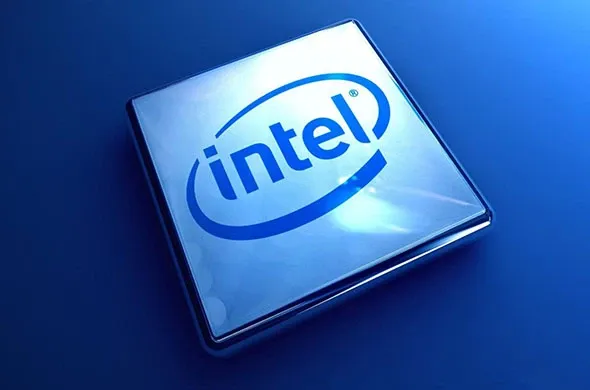Nokia Reports 20 Percent Revenue Decline in Q1
In the first quarter of 2024, Nokia had a 20% decline in net sales to €4.7 billion.

Intel plans to buy Israel’s Mobileye for about $15 billion, its second-biggest acquisition and an expensive attempt to leapfrog rivals such as Qualcomm in technology for self-driving cars, according to Bloomberg. They will pay $63.54 per share in cash. The offer, the largest ever for an Israeli company, is a 34 percent premium to Mobileye’s closing price on Friday.
Intel is trying to accelerate a push into what many chip companies view as the next big opportunity: self-driving cars and the data they generate. With Mobileye, Intel gains the ability to offer automakers a larger package of components they will need as vehicles become more autonomous. The company estimates the market for vehicle systems, data and services will be worth as much as $70 billion by 2030.
The deal is the third most expensive acquisition in the technology industry this century, based on transactions over $5 billion and Mobileye’s trailing 12 month earnings, before interest, tax, depreciation and amortization. The deal gives Mobileye an enterprise value of about 29.5 times this year’s projected sales, according to Amit Daryanani, an analyst at RBC Capital Markets. That’s more than 10 times the average of companies in the U.S. benchmark Standard & Poor’s 500 Index.
Mobileye was founded in 1999 by Amnon Shashua and Ziv Aviram and made its name with systems that alert drivers to pedestrians, unintended lane departures and speed limit violations. Recently, Mobileye has been pushing to sign up more carmakers for its advanced products, such as technology that collects data from vehicle fleets to build a real-time, crowd-sourced mapping service.
While Intel’s chips are dominant in personal computers and data centers, the world’s largest semiconductor maker has struggled to spread the use of its products to other areas where semiconductors based on ARM designs have prevailed. Under CEO Brian Krzanich, Intel has sought to break into everything from drones to cash registers. That hasn’t fired up Intel’s overall sales growth yet, leaving the company reliant on PCs and servers for its profit.
Mobileye is the second-biggest acquisition for Intel after Altera, which it bought in 2015 for $16.7 billion. As of the end of 2016, Intel held about 80 percent of its $17.1 billion in cash and equivalents overseas. It could use some or all of that to buy Mobileye, a potentially efficient use of cash that would be taxed more if brought back to the U.S. The company had total debt of $25.3 billion at the end of last year.
On a conference call with analysts, Krzanich said the deal will immediately add to Intel’s adjusted earnings and cash flow. But the acquisition won’t have much impact on revenue. Last year, Intel reported sales of $59 billion compared with Mobileye’s $358 million. Intel CFO Robert Swan said the company expects to see $175 million a year in cost and tax savings from the transaction and that this will help cover the premium Intel is paying for Mobileye.
Car makers and technology companies are scrambling to stake out a leading market position. Intel’s chips are already in 30 vehicle models currently on the road and are being used in hundreds of autonomous test vehicles, the company said in January. Intel and Mobileye had already teamed up with BMW and plan to introduce fully autonomous cars by 2021. The companies are dispatching a fleet of 40 self-driving 7-Series sedans this year to hone systems for complex urban traffic.